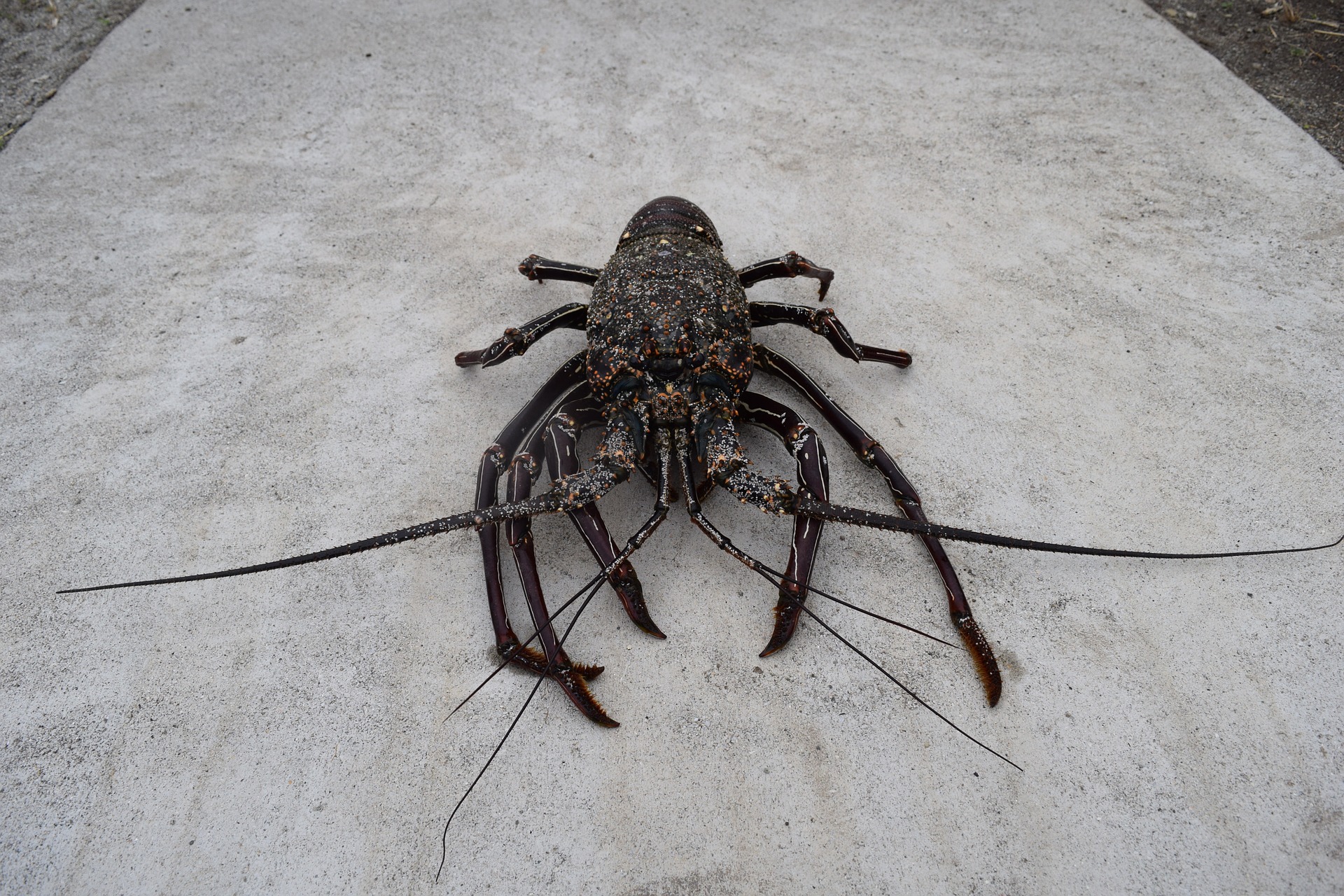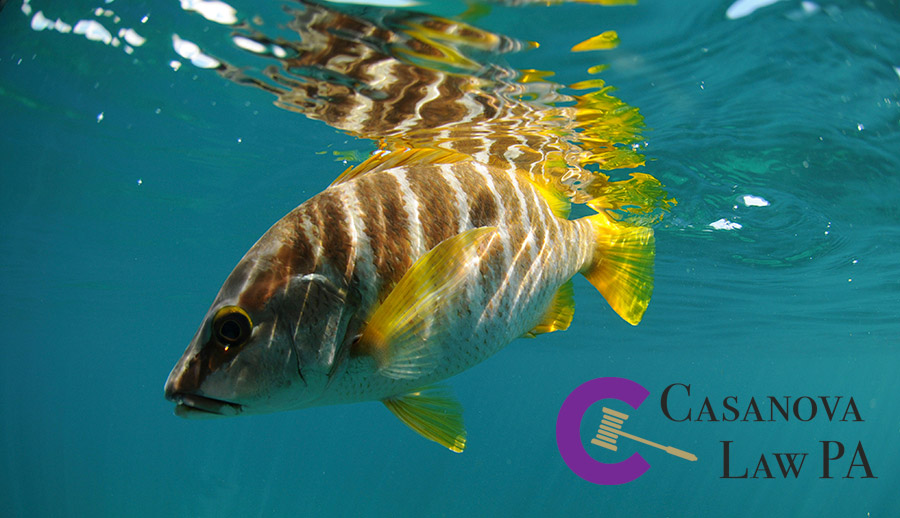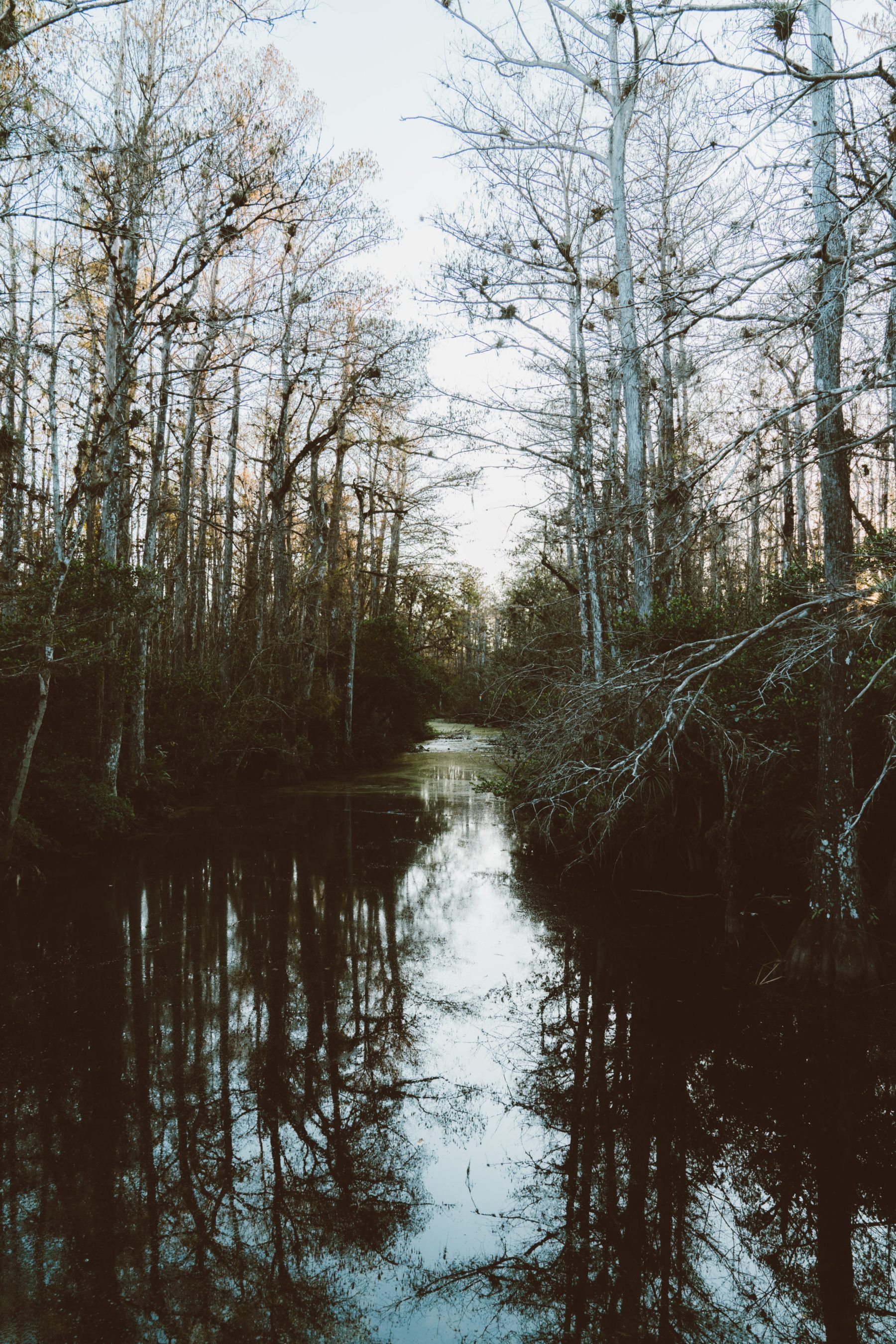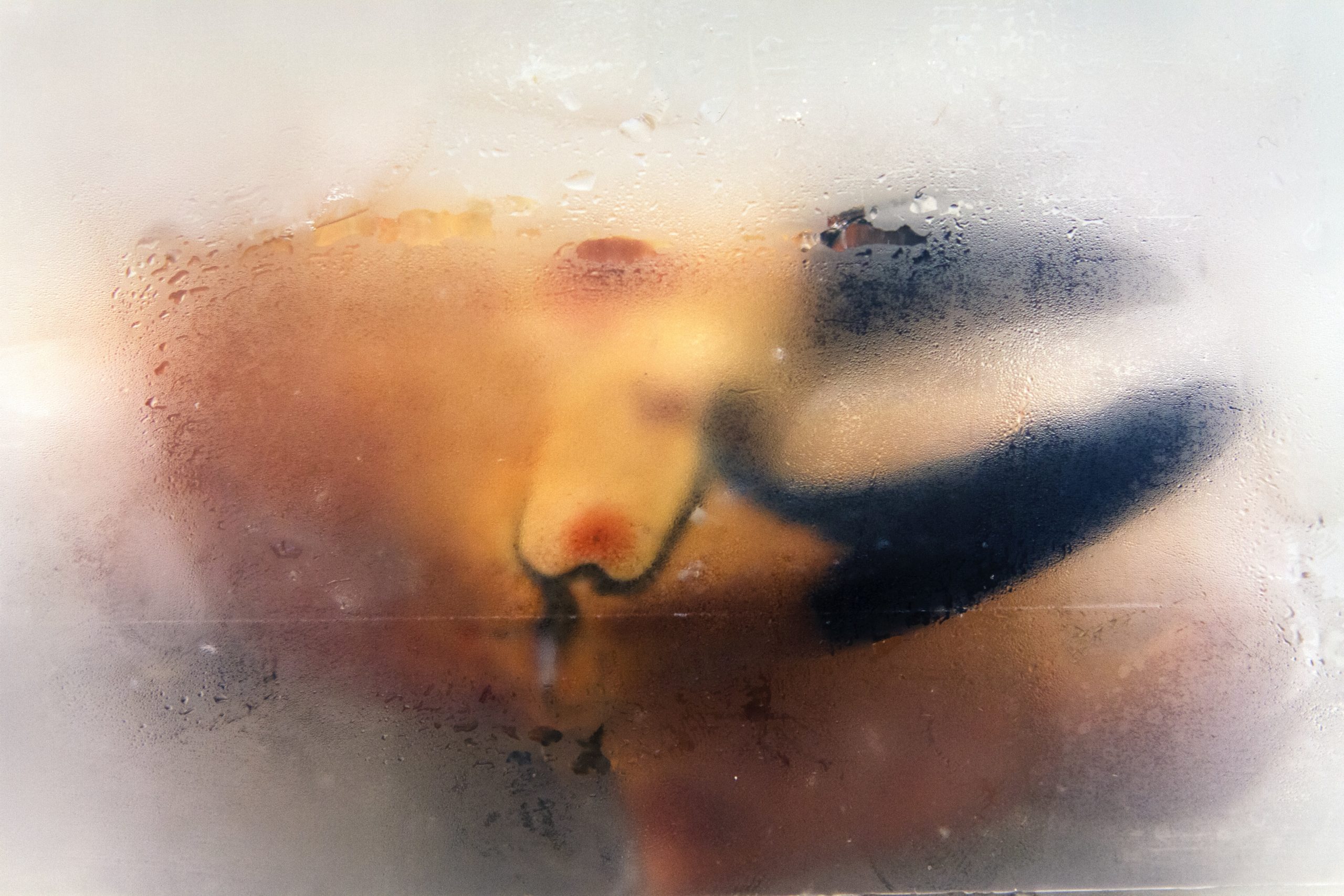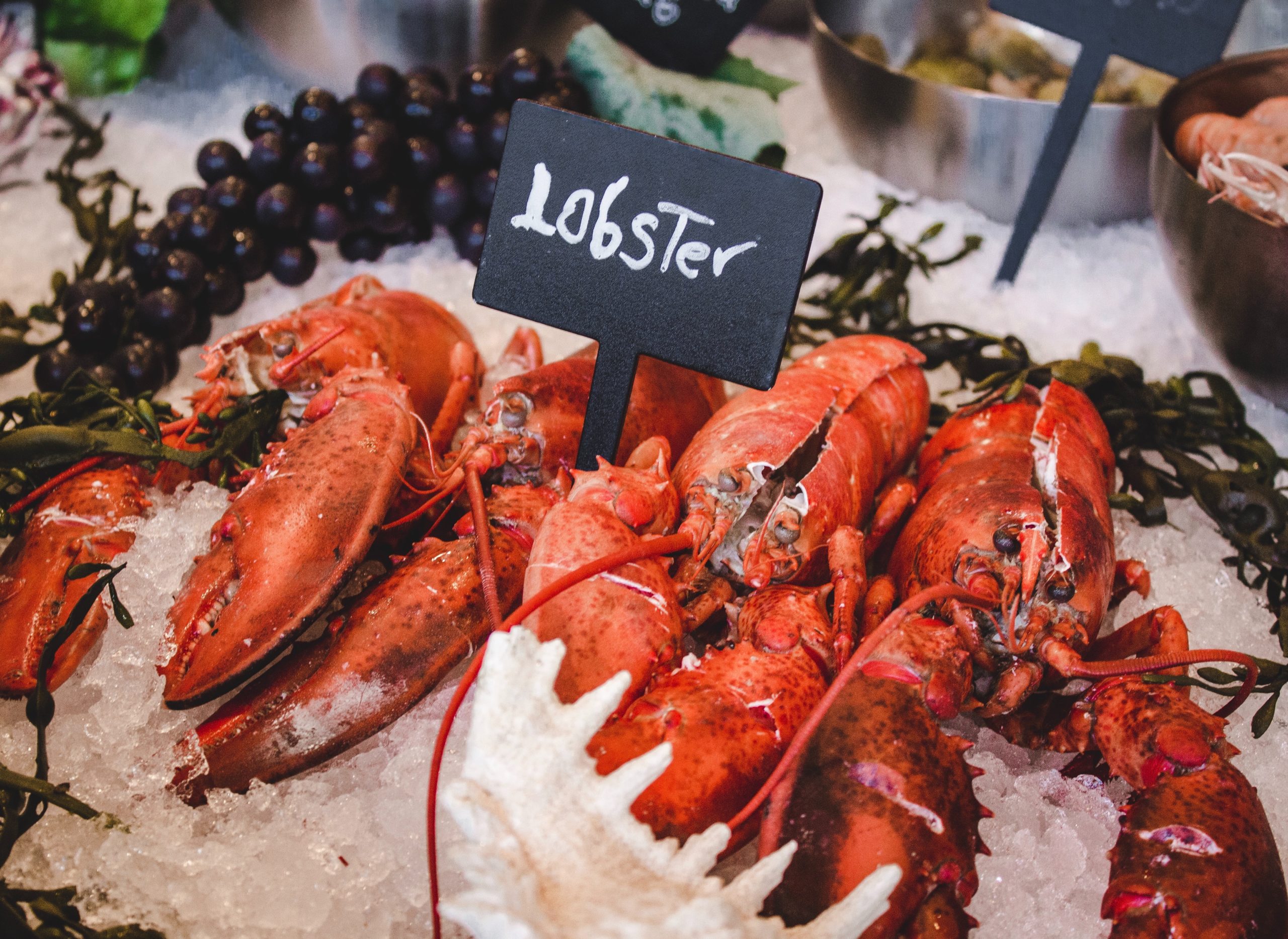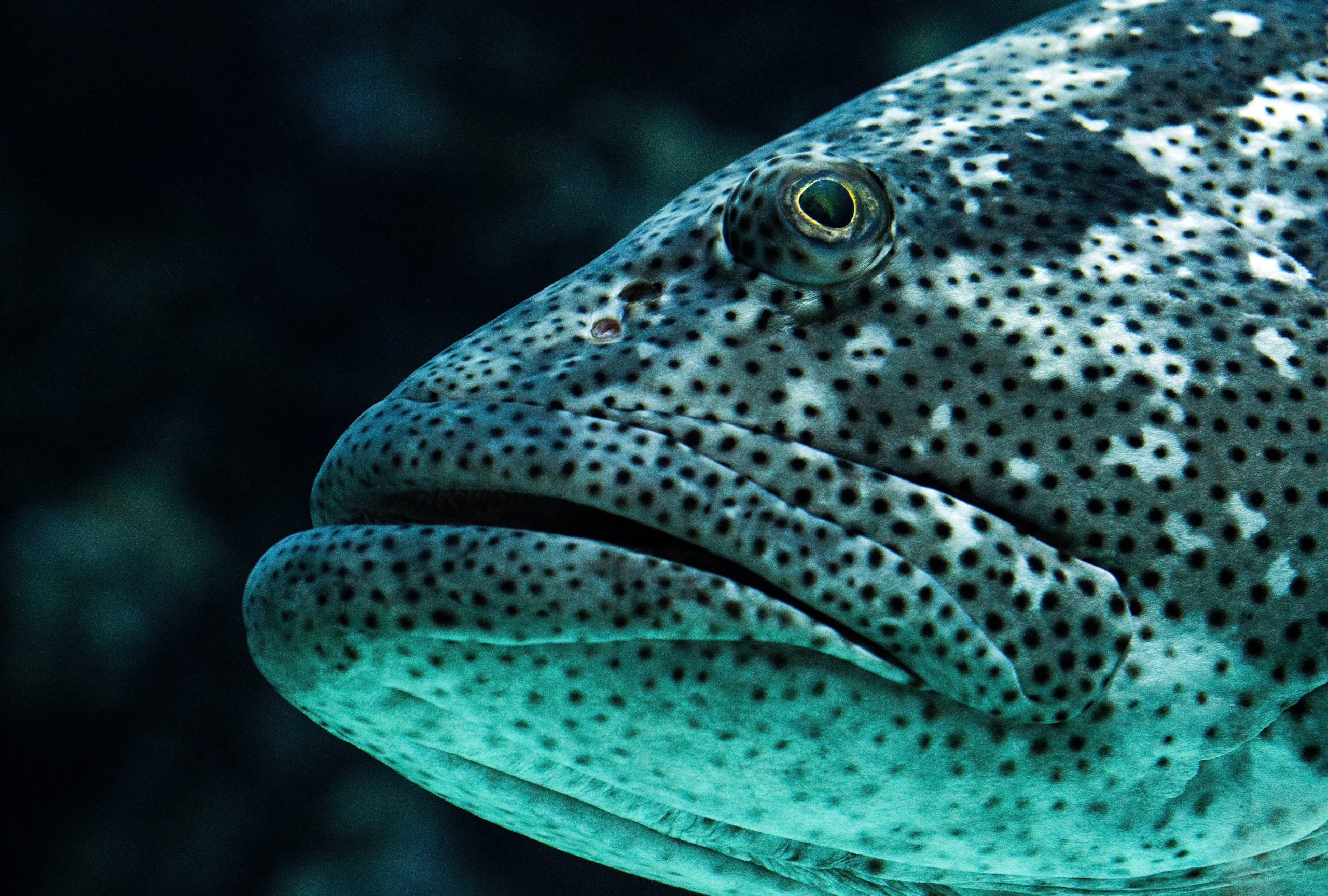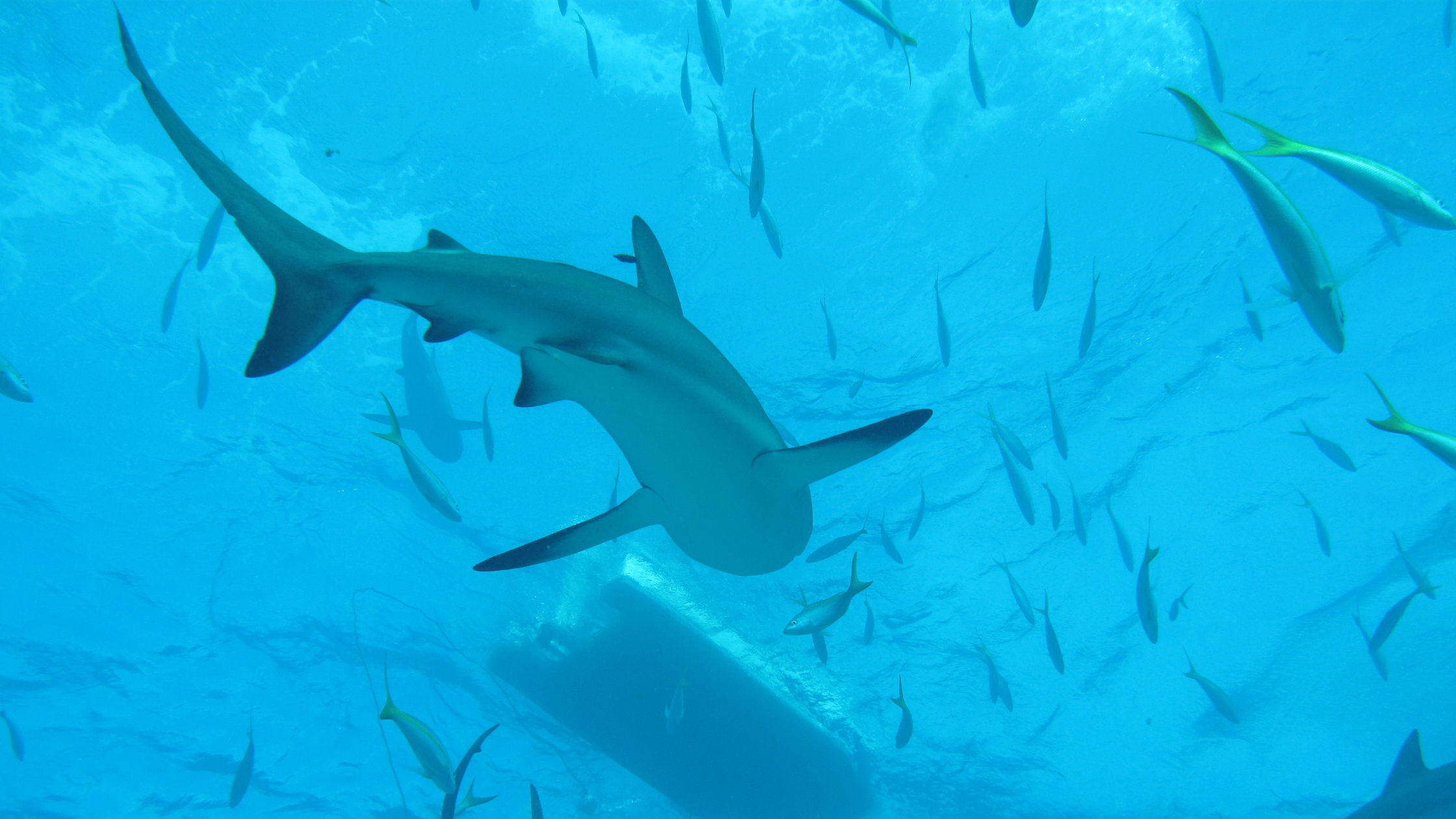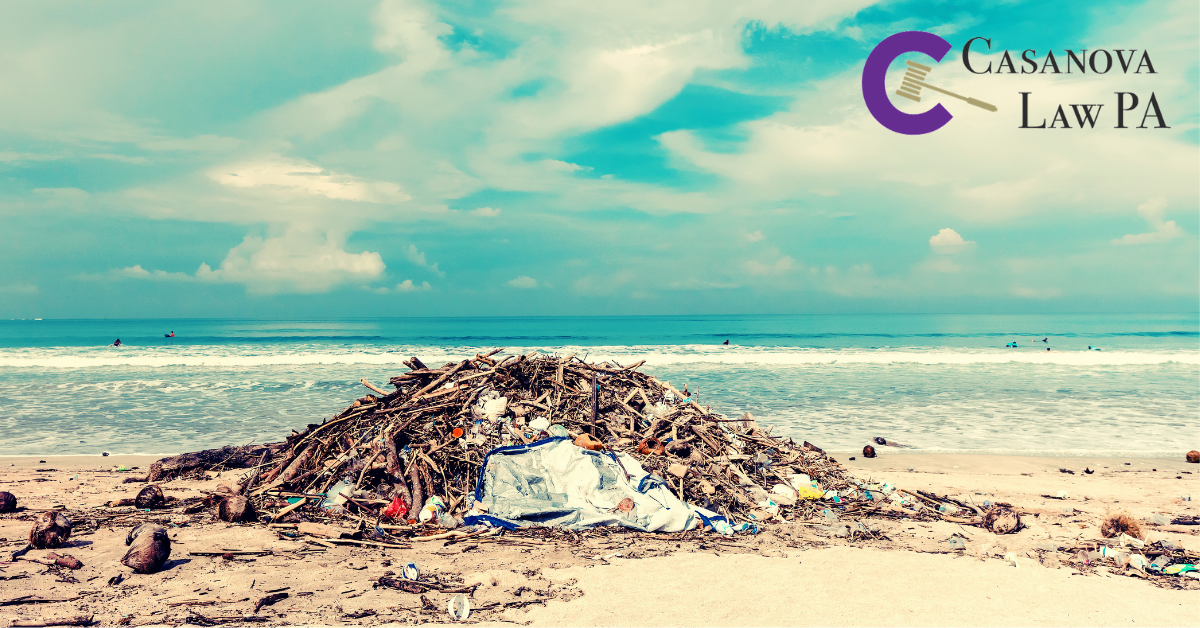Held on the last consecutive Wednesday and Thursday of July each year, this year the Spiny Lobster Sport Season (also known as the mini-season) ran from July 28 through July 29. From a legal perspective, the 2021 mini-season was delightfully uneventful, with few arrests and citations made by the Florida Fish and Wildlife Conservation Commission (FWC). However, tragedy struck South Florida when two men diving for lobsters in different counties died from diving-related distress; in a third and separate incident, another man was injured when he was struck by a boat propeller.
With the mini-season in recent history and the regular season on the horizon, lobster is fresh in our minds, our hearts and our palates. It is thus a great time to discuss spiny lobster rules and regulations to ensure your safety and avoid a criminal charge.
Spiny Lobster Seasons in Florida
A prerequisite to fishing for lobster is knowing when to do it. As previously mentioned, the spiny lobster mini-season is a two-day affair, in effect the last Wednesday and Thursday of July. Naturally, this means the actual dates for the mini-season vary each year. When the mini-season approaches, lobster enthusiasts must check their calendars – or better yet, the FWC website – to verify dates.
In contrast, the regular Spiny Lobster season has fixed dates – specifically, August 6 through March 31 each year.
Possessing Spiny Lobster out of season may not seem like a big deal, but it is, in fact, considered a crime and a major violation under the FWC laws of the Florida Statutes. Closed season lobster harvesting is punished as follows:
- For a first violation, a misdemeanor of the second degree, punishable by 60 days in jail and a $500 fine.
- For a first violation involving 25 or more lobster, a misdemeanor of the first degree, punishable by one year in jail and a $1000 fine.
- For a second violation, a first degree misdemeanor. In addition to potential jail and fines, the violator may endure a suspension of his or her fishing license for three months.
- For a third violation, a first degree misdemeanor with mandatory minimum jail time of 6 months, a civil penalty of $2500, and possible suspension of any fishing license for 6 months.
- For a third violation within 1 year after the second violation, a third degree felony, punishable by 5 years in prison and a $5000 fine. Additionally, the violator faces a mandatory minimum jail sentence of 1 year, a civil penalty of $5000, and permanent revocation of all FWC licensing privileges.
Size restrictions and bag limits
Even if you’re searching for spiny lobster within season, you’re subject to limitations. FWC heavily regulates the spiny lobster harvest to keep the species in existence. This means prohibiting the capture of baby lobster and putting a cap on the amount of lobster each person can take home.
In both the mini and regular lobster seasons, the lobster’s carapace must be larger than 3 inches, measured in the water. Those seeking lobster must carry a measuring device at all times. Violation of size restrictions is a second degree misdemeanor for the first offense, and a first degree misdemeanor for subsequent offenses. Each undersized lobster can lead to its own criminal charge, and a violation involving 100 or more undersized spiny lobsters can rise to the felony level.
The bag limit for mini season is 12 per person (for most of Florida) and the limit for regular season is 6 per person. Bag limit violations are misdemeanors with varying degrees of severity and punishment depending on the violator’s fish and wildlife record.
Other rules
If restrictions on dates, size and quantity already seem overwhelming, then brace yourself for the following additional spiny lobster prohibitions:
- You cannot harvest spiny lobster without a recreational saltwater fishing license and a lobster permit.
- You cannot separate the tail from the body in the water.
- You cannot possess any eggbearing spiny lobster – or any other eggbearing species of lobster, for that matter.
- You cannot catch spiny lobster with any device that would puncture the exoskeleton or flesh.
- You cannot engage in recreational trapping.
Violations of the above-listed rules, for the most part, come with criminal penalties.
What to do if you’re facing a spiny lobster criminal violation
FWC officers don’t always let you in on the fact that you’re being criminally investigated. In many situations, officers tell you that “you are not under arrest at the moment” in order to elicit statements and admissions without having to read your Miranda rights.
If you’re facing a spiny lobster violation, DO NOT MAKE ANY STATEMENTS TO POLICE. Tell the FWC officers that you are not comfortable speaking until you have secured an attorney, and end the encounter as soon as possible. Remember, FWC officers ARE law enforcement officers, and they have the power to arrest and charge you.
You may be physically arrested or issued a Notice to Appear for a criminal proceeding. Regardless of the method of initiating an FWC criminal charge, you face potential jail time and high fines. A fish and wildlife criminal defense attorney can protect you from the worst case scenario and possibly even achieve the best case scenario (dismissal). In the same way that you should not speak with law enforcement during your FWC investigation, you should not handle the court process on your own. Any statement you make in court can also be used against you.
Our fish and wildlife firm defends against criminal FWC charges in Palm Beach, Martin, Hendry, and Glades counties. Contact us today to schedule a consultation.
(561) 236-5340
info@casanovalawpa.com








